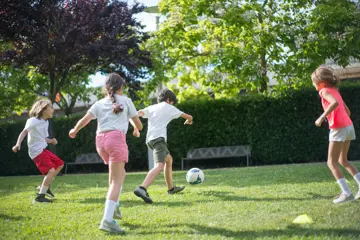Schedule 7 of the Children Act 1989 limits the number of children who may be fostered by a foster carer. The “usual fostering limit” is set at 3. This means that no one may foster more than 3 children unless:
- The foster children are all siblings in relation to each other
- Exemptions can only be granted by the local authority within whose area the foster carer lives, and only in relation to specific foster children who are currently living with the foster carer (in which case they must set out the terms as detailed below), and
- The foster carer’s terms of approval allow it (any terms of approval must be compatible with the number of children the foster carer is caring for even if an exemption to the usual fostering limit has been granted, unless it is an emergency and for less than 6 days)
- A local authority cannot grant an exemption to the usual fostering limit to a foster carer living outside of its area
The local authority must have regard to a number of factors when considering an exemption from the usual fostering limit. When a local authority does exempt a person from the usual fostering limit, it must notify the carer in writing.
An exemption is not time limited unless a time limit is set as a condition of the exemption being granted. A local authority may vary, cancel, or amend the exemption at any time, by giving notice in writing.
For more details on the Fostering Limit, please see the Children's Act 1989, here.





